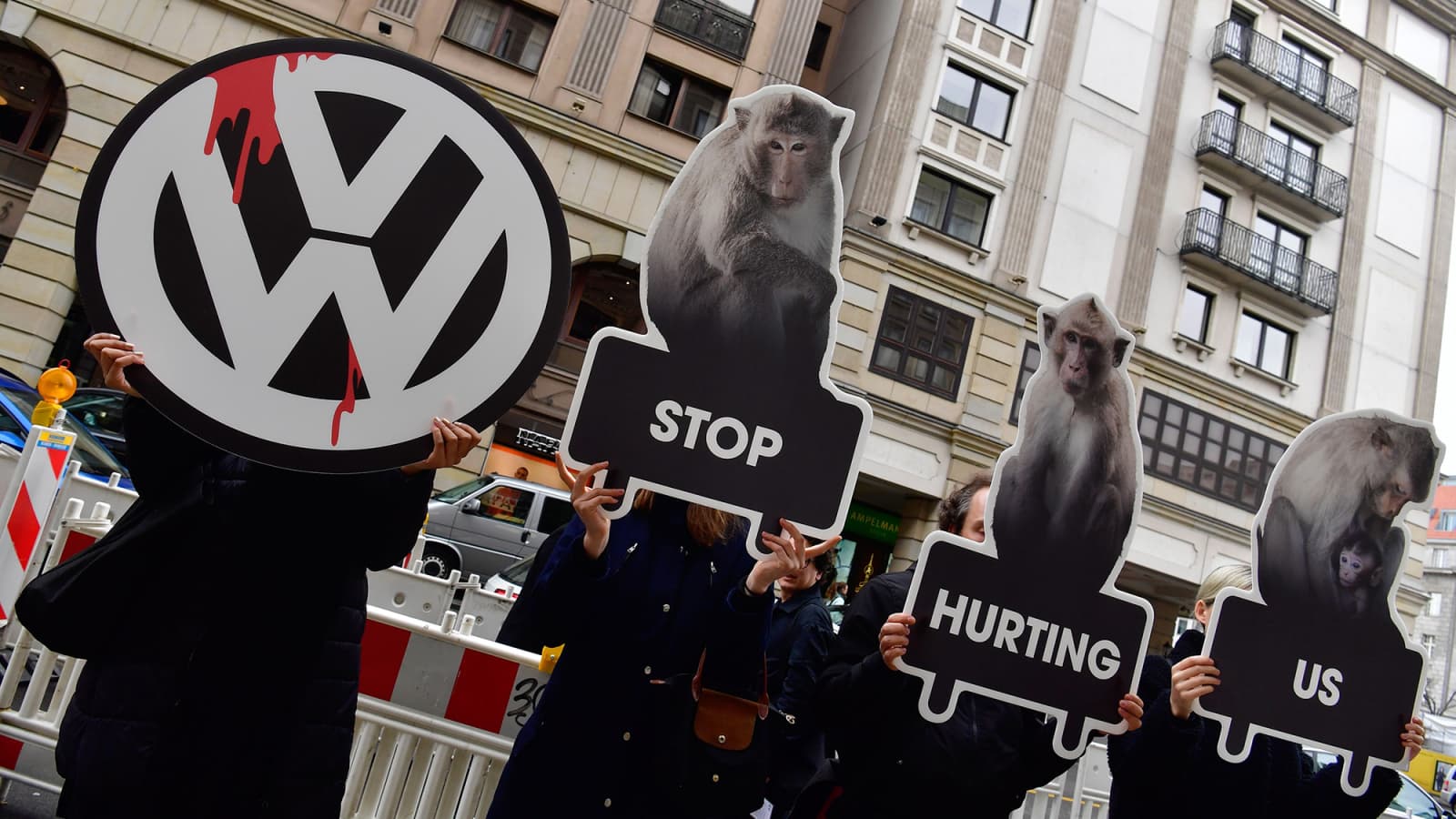
Volkswagen’s “Eco-Friendly” Deception: A Marketing Strategy That Backfired
Introduction
In the world of marketing, brands strive to build trust with their customers. However, when companies manipulate their messaging for short-term gains, the consequences can be disastrous. One of the biggest examples of deceptive marketing in history is the Volkswagen emissions scandal, often referred to as “Dieselgate.” What started as a bold marketing strategy to promote eco-friendly vehicles ended up becoming a global fraud that damaged the company’s reputation and cost billions of dollars.
The Rise of Volkswagen’s Green Image
Volkswagen, one of the world’s largest automobile manufacturers, built its reputation on high-performance, reliable, and affordable cars. In the early 2010s, the company took a step further by marketing its diesel cars as environmentally friendly alternatives to gasoline-powered vehicles. The company launched an aggressive campaign, highlighting the efficiency and lower emissions of its diesel models, convincing millions of customers that they were making a sustainable choice.
The Truth Behind the Deception
Despite Volkswagen’s claims of producing clean diesel vehicles, an investigation by the U.S. Environmental Protection Agency (EPA) in 2015 uncovered that Volkswagen had been cheating emissions tests. The company had installed a “defeat device” in millions of diesel cars worldwide. This software was designed to detect when the vehicle was undergoing an emissions test and temporarily adjust engine performance to comply with environmental standards. However, under real-world driving conditions, these cars emitted up to 40 times more nitrogen oxides than legally allowed.
The Aftermath: A Marketing Disaster
1. Financial Penalties and Losses
Volkswagen faced massive legal consequences, including
- Over $30 billion in fines, penalties, and vehicle recalls.
- Criminal charges against company executives.
- A sharp decline in stock value and sales.
2. Brand Trust Destroyed
Customers who had believed in Volkswagen’s green promise felt deceived. The scandal caused irreversible damage to the brand’s credibility, leading to a drop in consumer trust and loyalty.
3. Marketing Ethics and Consumer Awareness
The Volkswagen case became a textbook example of why ethical marketing matters. The scandal raised awareness about the importance of transparency in corporate messaging and led to stricter regulations in the automotive industry.
Lessons from Volkswagen’s Marketing Failure
1. Transparency is Key
Brands should never mislead customers with false claims. Long-term success comes from honesty and delivering on promises.
2. Regulatory Compliance Matters
Trying to bypass rules for short-term gains can lead to disastrous long-term consequences.
3. Reputation is Hard to Rebuild
Once trust is broken, it takes years (if not decades) to regain it. Volkswagen is still working to restore its image in the market today.
Conclusion
Volkswagen’s marketing strategy of promoting eco-friendly diesel cars turned into one of the biggest corporate scandals in history. What could have been a successful green initiative became a cautionary tale for businesses worldwide. Today, customers are more aware than ever, and brands must prioritize authenticity, ethics, and sustainability in their marketing strategies to build lasting relationships with consumers.